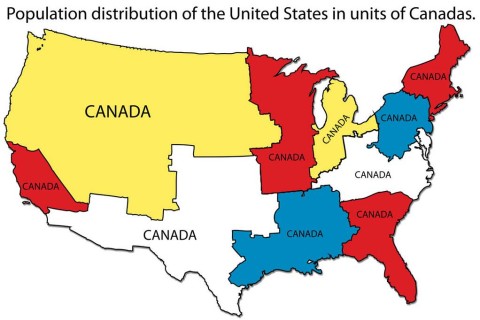In Maclean’s, Paul Wells thinks that the new free trade deal between Canada and the European Union will be one of the historical successes of Stephen Harper’s career, but also notes it has a potentially great domestic influence:
Flip it around. Every delay in reaching an agreement with the EU on freer trade in goods and services has been merrily mocked by a few critics in the gallery, yours truly first among them. And if Stephen Harper had failed to conclude this deal, having taken negotiations this far, he would have durably wrecked Canada’s reputation as a serious trading nation.
(That goes doubly so now that Canada and the EU have reached an agreement in principle. Could it still fall apart? It could, although my test on this, for reasons I explained long ago, is the reaction of the Europeans. I’m told there is no love lost between Harper and José Manuel Barroso; Barroso would not waste time in Brussels on an empty dog and pony show so Harper could duck a few questions about Mike Duffy. The Europeans think this is real. For now we should take today’s announcement at face value. The Council of Canadians sure does.)
Well, if delay was worth criticism and failure would have been read as a career-threatening personal defeat, success must be counted as a personal triumph for Stephen Harper. When his political career ends, this is one of the first three things the newspapers will mention.
But as he notes, there’s a long-term, nagging domestic trade issue that might also improve under the new international agreement:
Best of all, any advantage offered by any province and its municipalities to European importers must, in simple logic, be made available to businesses from other Canadian provinces. This accord will act powerfully to deepen the still fragmented internal Canadian market. In a week when some cabinet ministers were turning cartwheels because it will now be legal to drive from Hull to Ottawa with a bottle of wine, that’s an overdue change. I’m on the record being skeptical Harper couldn’t close this deal, and I’m happy to eat crow. This CETA deal will be the most powerful pro-market accomplishment of any Canadian government in a quarter century.
As Wells correctly notes, this isn’t a true free trade deal but it’s a “free-r trade” agreement that moves us a few notches closer to actual free trade with the EU. Regulators and bureaucrats of all stripes will still have a lot of say in what goods and services are actually exchanged between the signatories, but that will still be less than the influence they currently wield.




